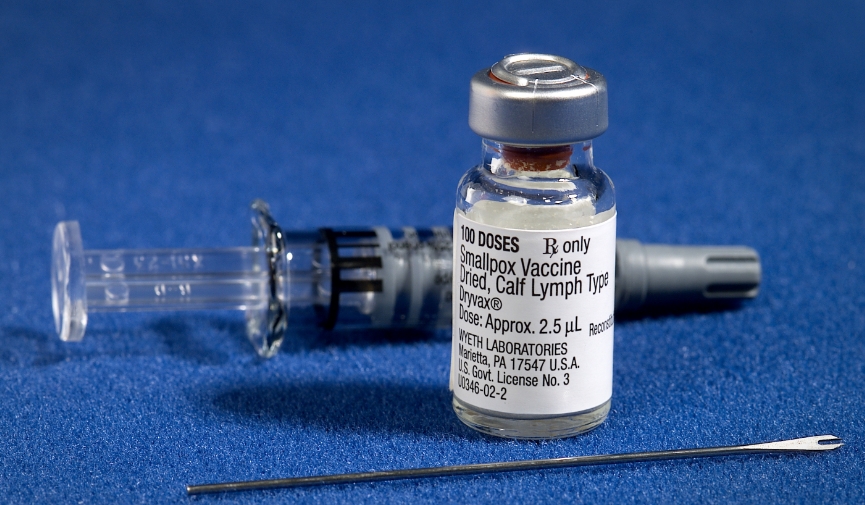
Parents of a West Texas town are largely foregoing vaccinations for their children amid growing concern regarding the potential health effects. Nearly 40 percent of parents in Randall County have filed non-medical exemptions to opt their children out of school vaccinations, a number that is twice the state average, according to reporting by News Channel 10.
Randall County, home to more than 120,000 and part of the Amarillo metropolitan area is not alone. Neighboring Potter County has also seen an increase in low vaccination rates, with about 17 percent of parents choosing to opt their children out through non-medical exemptions.
Both communities have witnessed a steady rise in non-medical exemptions over the last five years as a result of several factors including fear of adverse health effects and personal beliefs.
Texas’ views on vaccines are changing rapidly
The trend isn’t isolated to West Texas, either. The Austin Sentinel revealed in April that a growing number of parents in Central Texas are also opting out of vaccines for their children – and it’s happening at an unprecedented rate.
Williamson County, part of the Austin–Round Rock metropolitan area, has seen a 76 percent increase in non-medical vaccine exemptions over the past five years. During that time, parents of more than 2,400 students filed and received vaccine exemptions.
Areas nearby are experiencing similar numbers regarding immunization rates. For example, Travis County is seeing an even larger increase in vaccination opt-outs, with more than 3,500 students skipping school vaccine mandates over the last five years – an 84 percent increase.
Vaccine exemptions in Bastrop County, also making up part of Greater Austin, expanded 105 percent over the last five years. Blanco County, located west of Travis County, witnessed a 150 percent increase in vaccine opt-outs, according to state data.
Central Texas also seeing increase in non-medical exemptions
Included among those skipping vaccines is an Austin mother whose child suffered an adverse reaction after receiving the rotavirus vaccine.
“The doctor took one look at her diaper and said she’s just reacted to rotavirus, I would not give her that vaccine again,” said Catherine Getz, adding that was the reason she decided not to vaccinate her other children.
The rotavirus vaccine RotaTeq is a liquid given orally in a three-dose series at the two, four and six months, according to the U.S. Centers for Disease Control and Prevention. The second most common rotavirus vaccine, Rotarix, is given in two-dose series at ages two and four months.
Infants can be given the rotavirus vaccine as young as six weeks old.
Getz told KXAN that she’s not convinced her kid’s health depends on a vaccine. “The little guy hasn’t really had anything at all yet and he’s completely unvaccinated,” said Getz.
Sources:

